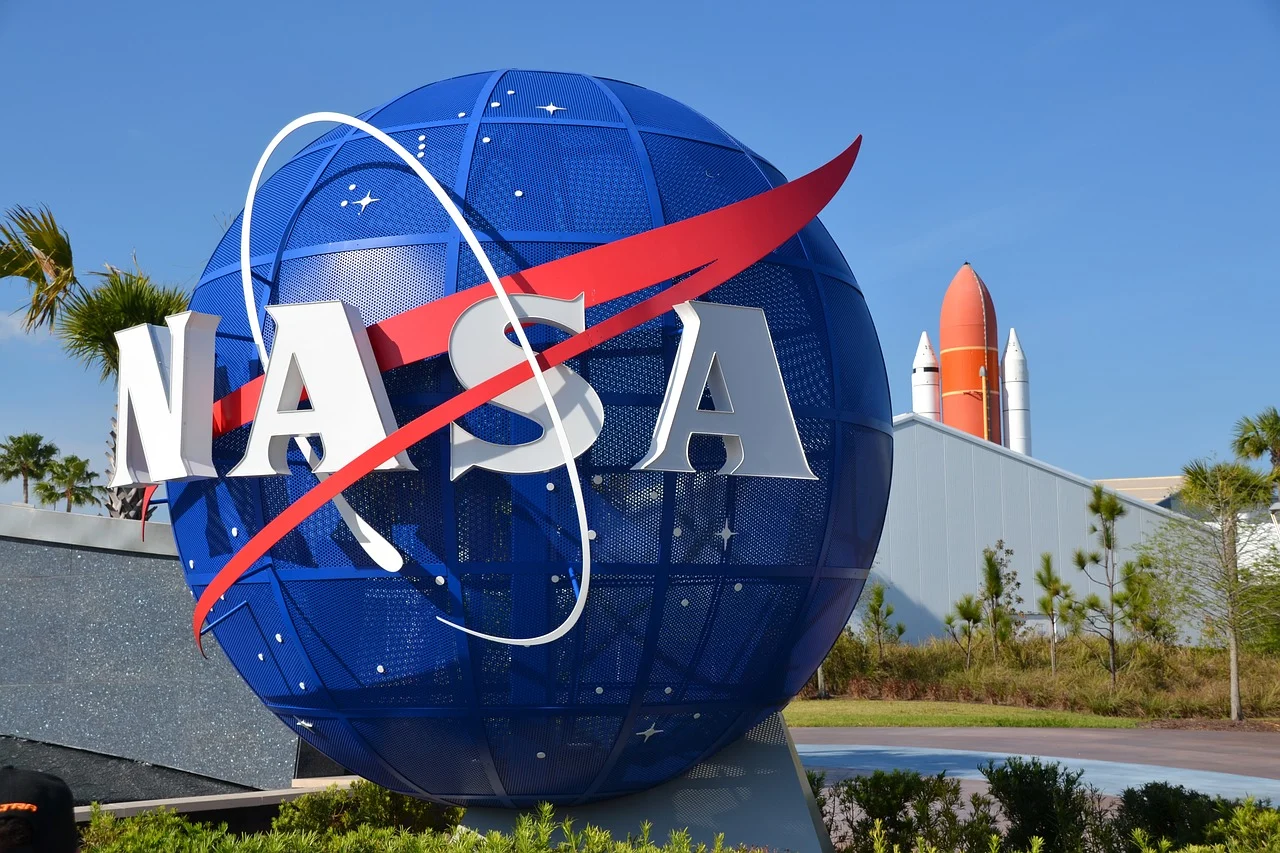Science News Roundup: Locks of hair compose a symphony of genetic information on Beethoven; NASA delays Boeing Starliner's debut crewed voyage and more
Scientists said on Tuesday they detected uracil and niacin in rocks obtained by the Japanese Space Agency's Hayabusa2 spacecraft from two sites on Ryugu in 2019.

Following is a summary of current science news briefs.
Locks of hair compose a symphony of genetic information on Beethoven
Using five locks of hair, scientists have sequenced the genome of one of history's greatest musical composers - Ludwig van Beethoven - nearly two centuries after his death, gaining insight into his fatal liver disease but not his hearing loss. Researchers said on Wednesday his genome showed the German composer was both genetically predisposed to liver disease and had hepatitis B virus infection. An autopsy after his 1827 death at age 56 in Vienna determined he had cirrhosis of the liver, a disease often caused by chronic drinking. The new findings suggest there were multiple factors behind his liver disease including genetics, viral infection and alcohol consumption.
NASA delays Boeing Starliner's debut crewed voyage
Boeing's first mission carrying astronauts to space aboard its Starliner capsule has been delayed until at least the summer, a NASA official said on Thursday, as people familiar with the matter said last-minute tests and technical debates nixed a plan for an April launch. Previously planned for late April, the Starliner mission is now slated to launch after a private astronaut mission scheduled for May "as teams assess readiness and complete verification work" for the spacecraft, NASA's space operations chief Kathy Lueders said on Twitter. She did not provide further details about reasons for the delay.
Scientists explain alien comet 'Oumuamua's strange acceleration
The quirky comet 'Oumuamua, the first interstellar object found visiting our solar system, has been the subject of fascination since being spotted in 2017, including its curious acceleration as it hurtled away from the sun. Hypotheses were floated in light of its unexpected behavior, including fleeting speculation that it might actually have been an alien spacecraft. A new study has offered a more sober explanation - that 'Oumuamua's speed-up was due to the release of hydrogen gas as the comet warmed up in the sunlight.
Relativity's debut rocket launch proves durability, fails in space
Relativity Space's 3D-printed rocket lifted off for the first time on Wednesday, passing a key milestone to demonstrate the vehicle's in-flight strength before its second stage failed upon reaching space, a company live stream showed. The California-based company's 110-foot tall Terran 1 rocket, which is 85% made of 3D-printed parts, lifted off on its debut flight around 11:25 p.m. EDT (0325 GMT on Thursday) from a launchpad at Florida's Cape Canaveral Space Force Base.
Asteroid discovery suggests ingredients for life on Earth came from space
Two organic compounds essential for living organisms have been found in samples retrieved from the asteroid Ryugu, buttressing the notion that some ingredients crucial for the advent of life arrived on Earth aboard rocks from space billions of years ago. Scientists said on Tuesday they detected uracil and niacin in rocks obtained by the Japanese Space Agency's Hayabusa2 spacecraft from two sites on Ryugu in 2019. Uracil is one of the chemical building blocks for RNA, a molecule carrying directions for building and operating living organisms. Niacin, also called Vitamin B3 or nicotinic acid, is vital for their metabolism.










